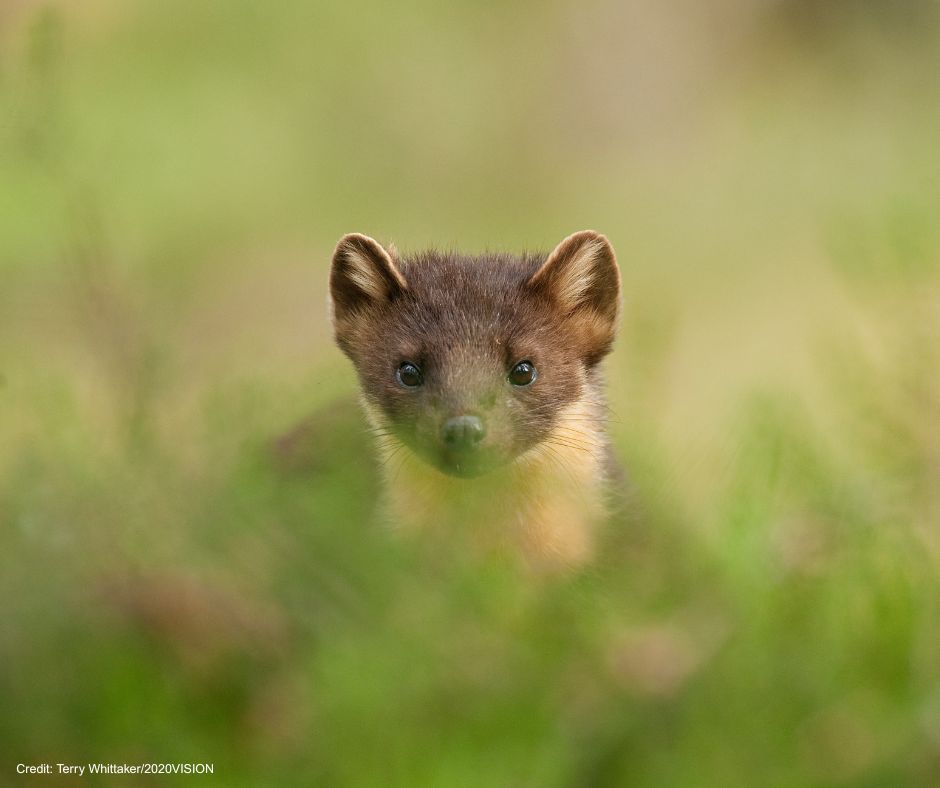
Devon Wildlife Trust
@devonwildlife
DWT is the leading conservation charity in the county protecting Devon's wildlife for the future.
Photo: Tom Marshall
ID: 21743590
https://www.devonwildlifetrust.org/ 24-02-2009 10:33:13
22,22K Tweet
32,32K Followers
5,5K Following











📖✨ Join storyteller Chris Salisbury to co-create a tale inspired by the return of pine martens to Dartmoor! 🗓 Wed 11 June | 🕕 6–8pm 📍 Newbridge Hill, Newton Abbot 🎟 Book here: buff.ly/llBqZ26 #PineMartensBounceBack The National Lottery Heritage Fund Dartmoor National Park



















